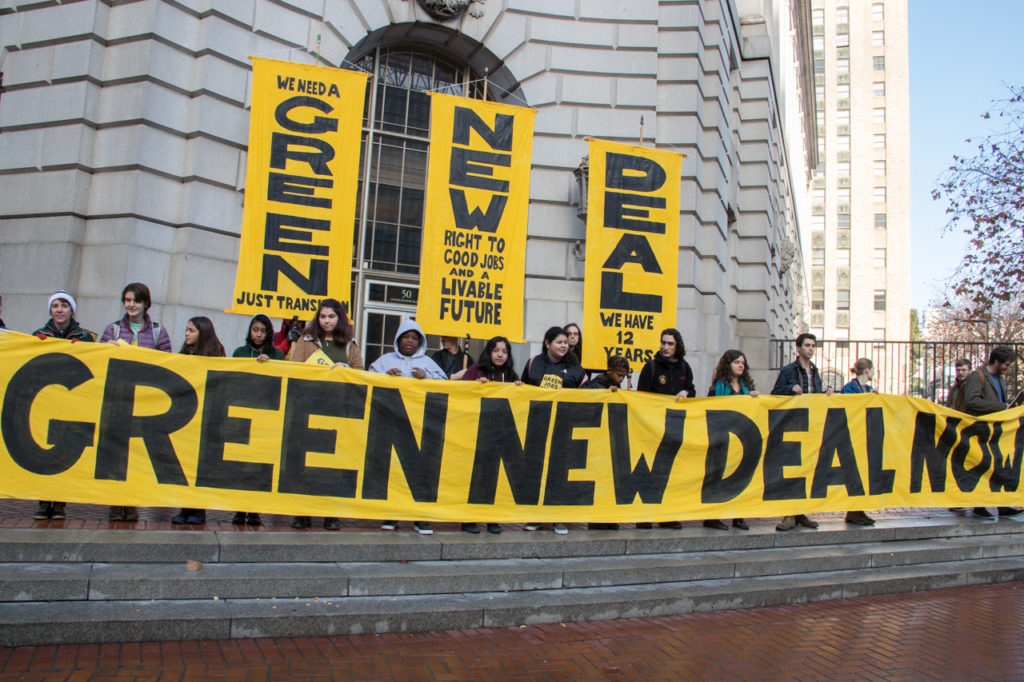By Chris Ward
Despite attending the conference, not everyone will fully understand what ‘Degrowth’ is, or the multitude of related terms that will be mentioned during the conference. Thankfully the first session on the schedule, offered by Federico Demaria and Giacomo D´Alisa was ideally suited for getting your knowledge up to scratch.
Judging by audience responses to the question “What is Degrowth?” there isn’t a concrete definition yet, but one is needed to make the term more understandable to the wider world. Currently ‘Degrowth’ is more of an intersection of several concepts, we need to be clearer with our vocabulary to emphasise ‘different’, not ‘less’.
‘Degrowth’ was first mentioned as a term by Gorz and later by Roegen and Grinevald in the 1970s
Degrowth lost some interest in 80s and 90s due to the prevailing neo-liberal thoughts of the era. It re-entered the public’s interest in the 00s especially around Europe and Latin America in some of the more traditionally activist countries and those worst hit by the Global Financial crisis.
Leipzig is 4th international conference on Degrowth, and now the term is being mentioned in mainstream media, academic courses and articles.
Let’s break apart the vocabulary apart a little…
The Limits of Growth

Introducing a series of proposals for a truly transformative GND The Green New Deal is on everyone’s lips and policy platforms. Liberal pundit Thomas Friedman coined the term in 2007, and Left parties in the UK called for a Green New Deal during the recession that followed the 2008 global financial crash. Last year, Congresswoman Alexandria Ocasio Cortez rebooted the idea in the United Sta...

Given the strategic indeterminacy of the degrowth movement that has been discussed in earlier articles within this series, we will consider the role that policy may play within the broader scope of a degrowth transformation and as one important focus within a plurality of movements. Specifically, working to move the focus of policy towards instruments that shift the rules of the competitive env...

Why a social-ecological transformation is impossible without changing the deep structures of our economy Opening a newspaper or listening to the radio news exposes us to a flood of catastrophic messages: devastating droughts, failing states, terrorist attacks, and financial crashes. You can look at all those incidents as unconnected singular phenomena, which is exactly what the common presenta...